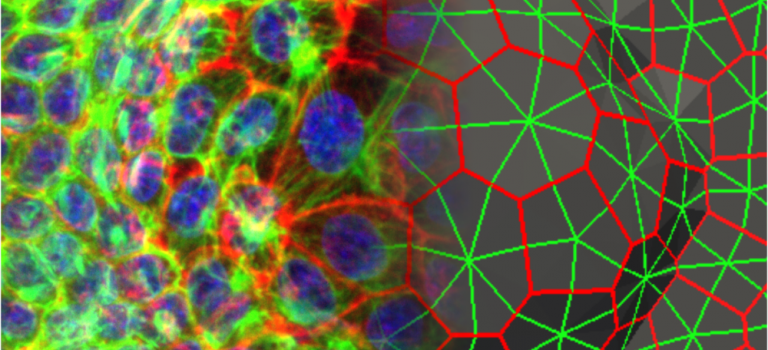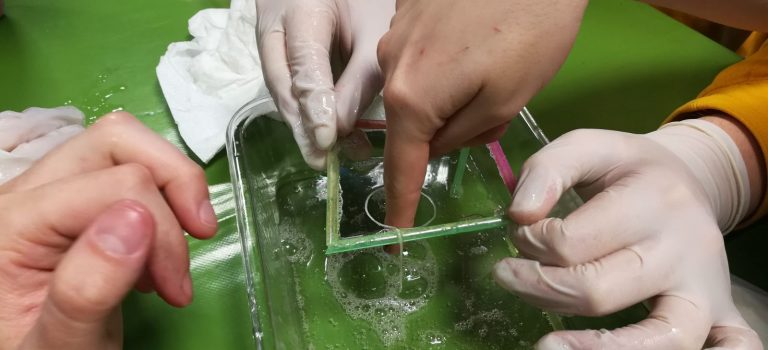 IBEC group leader Pere Roca-Cusachs is the Journal of Cell Science’s ‘cell scientist to watch’ in its current edition.
IBEC group leader Pere Roca-Cusachs is the Journal of Cell Science’s ‘cell scientist to watch’ in its current edition.
In an in-depth interview, Pere tells writer Manuel Breuer about his challenges and successes during his research in mechanobiology, his early years as a new scientist and more recently when setting up his own group, about attaining a good work-life balance – and how his life nearly turned out very differently when he was considering stand-up comedy as a career. Read the interview here.
![]() Read more on the IBEC website
Read more on the IBEC website
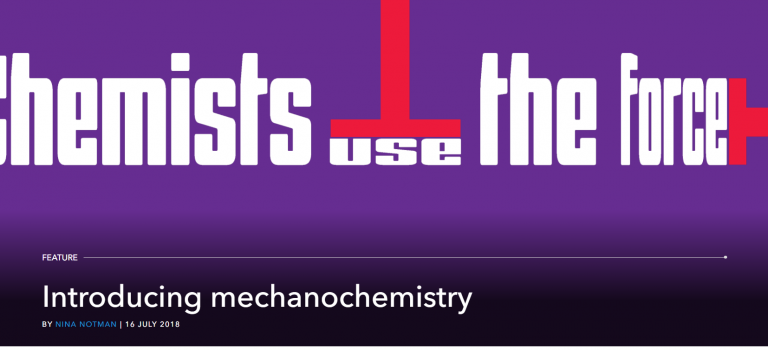

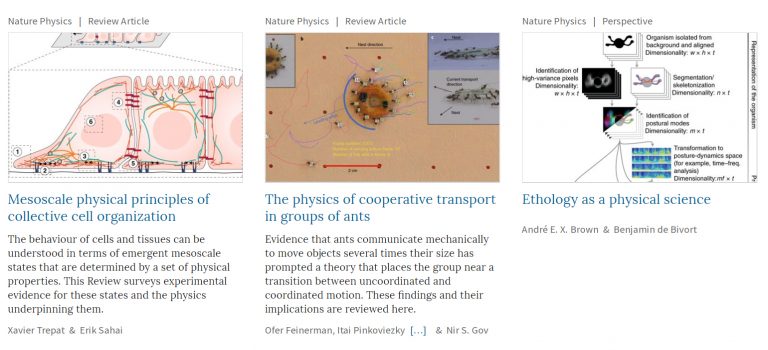


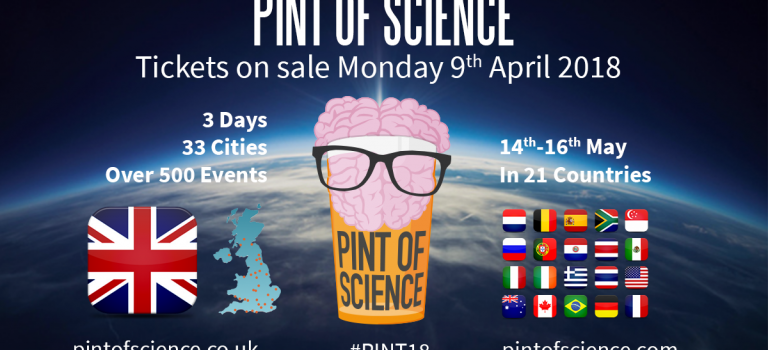

 Read more on the Pint of Science website:
Read more on the Pint of Science website: 

